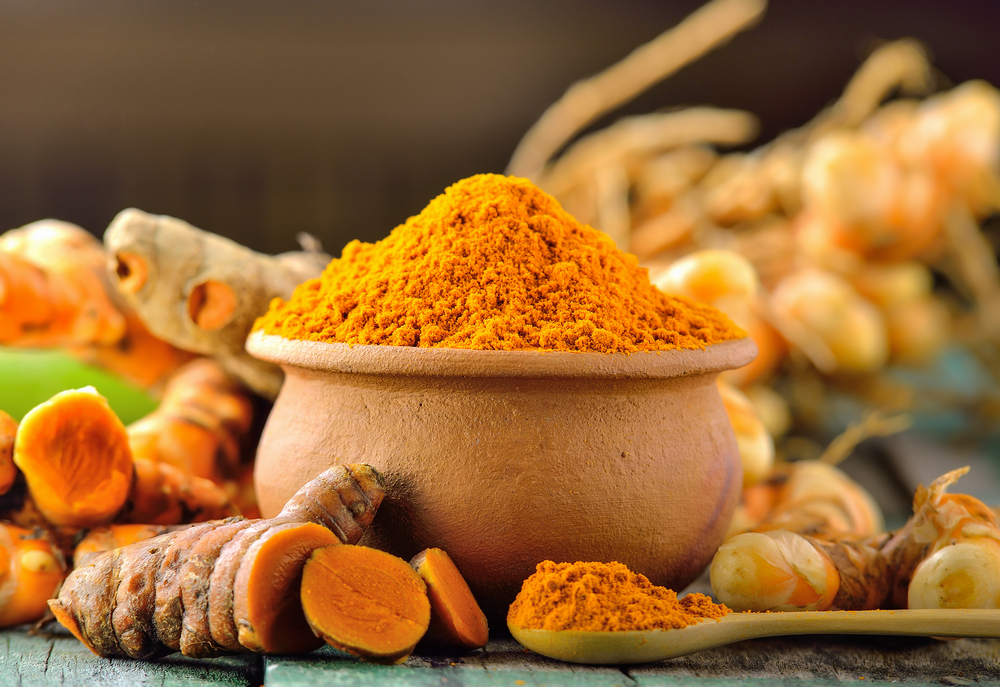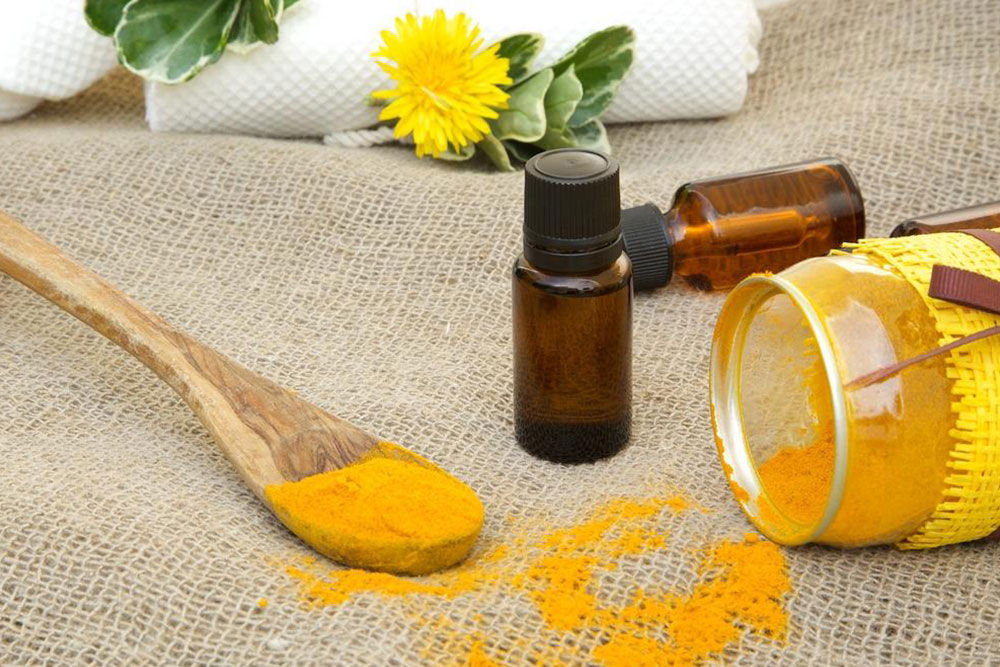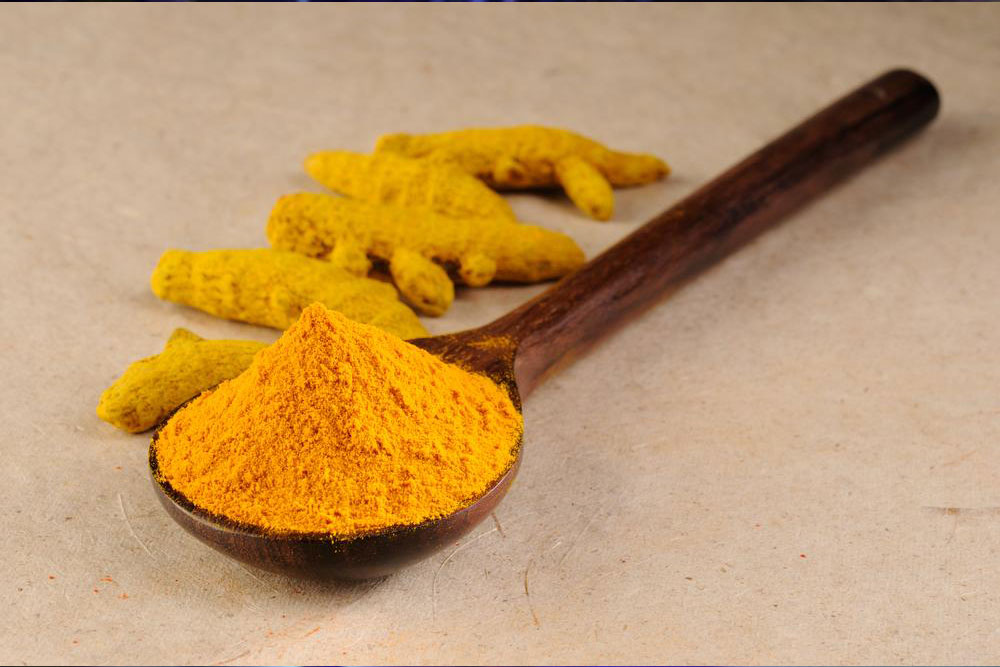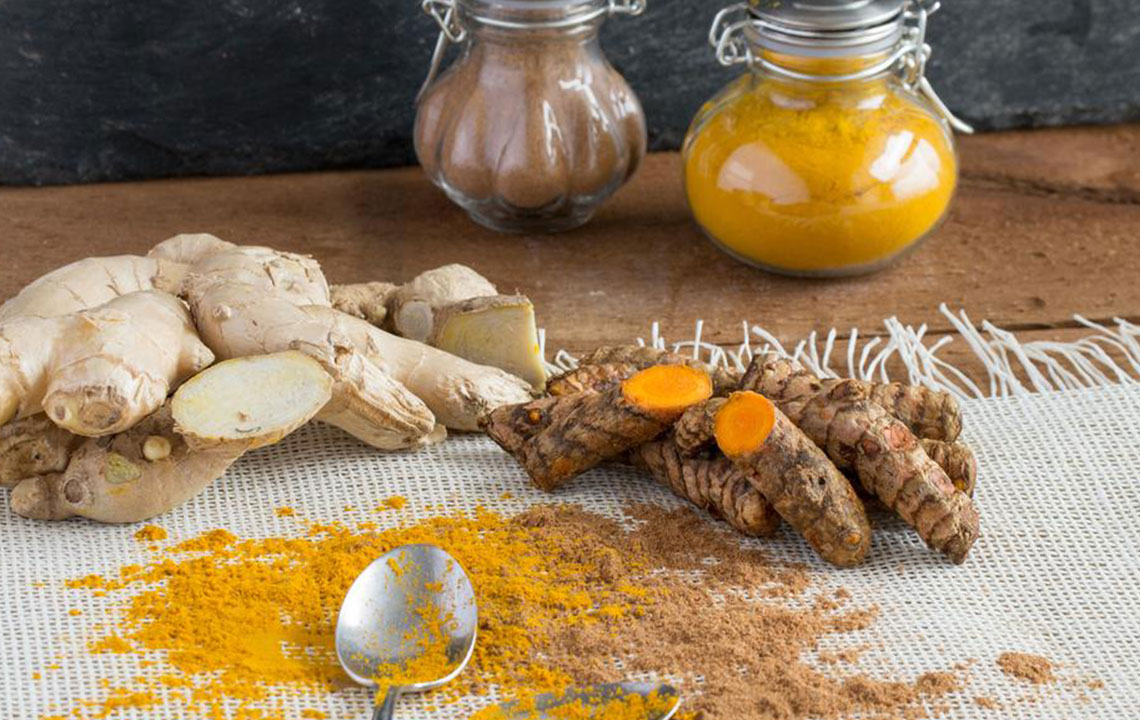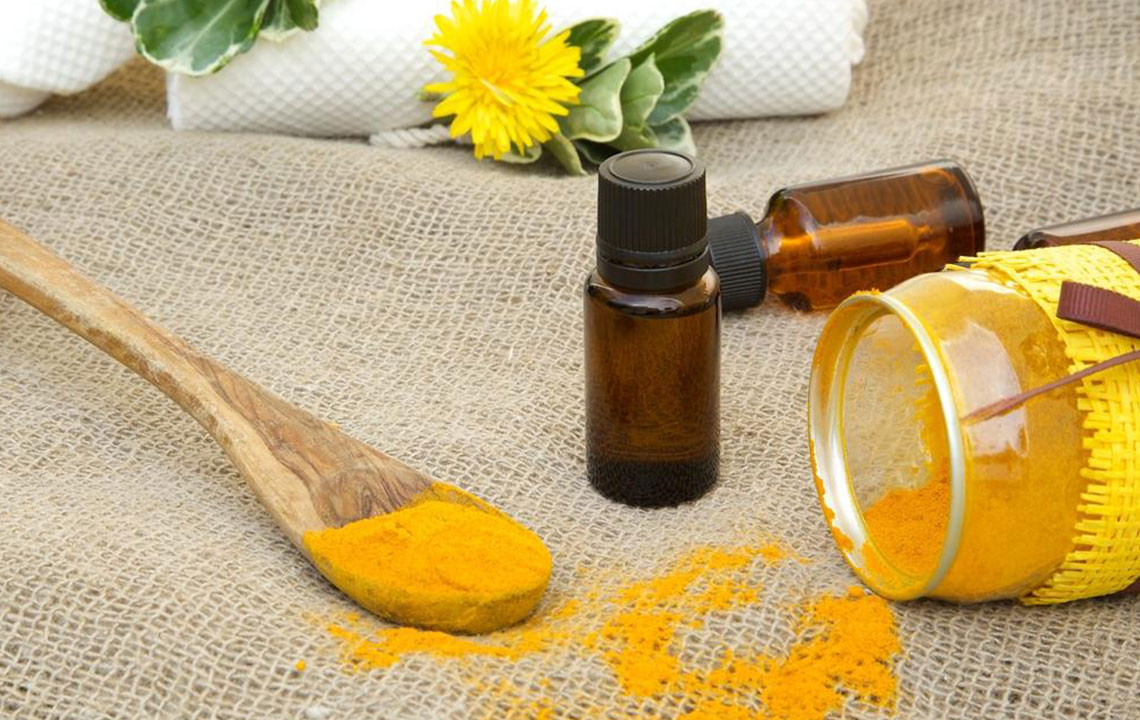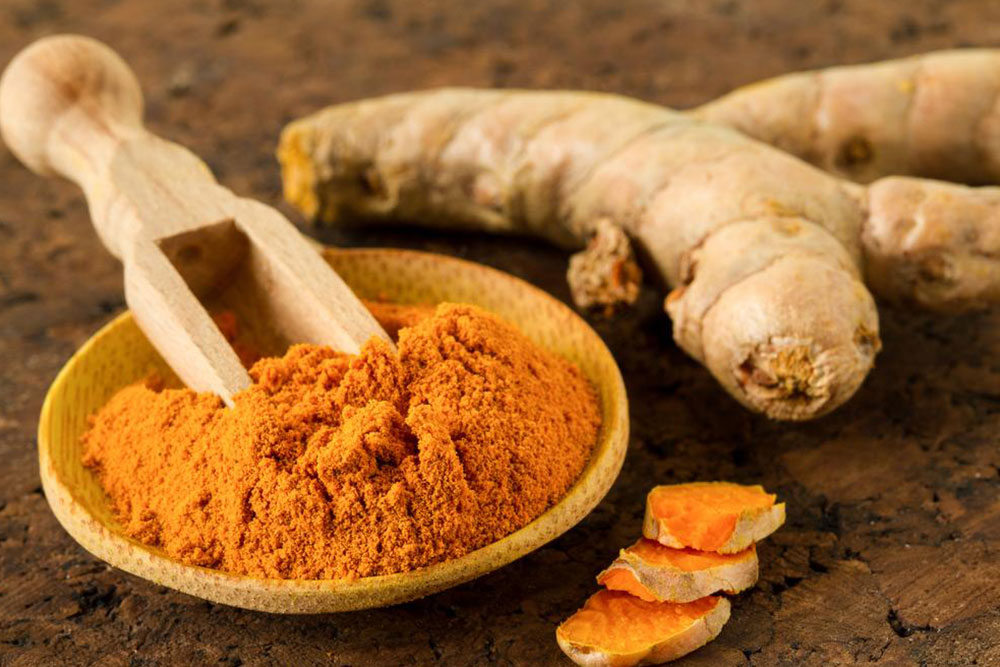Natural Relief for Arthritis Pain Using Turmeric: A Comprehensive Guide
Discover how turmeric, a powerful natural anti-inflammatory, can help alleviate arthritis symptoms such as joint pain, swelling, and stiffness. This comprehensive guide explores the scientific benefits of curcumin and offers practical advice on incorporating turmeric into your daily routine for effective, natural arthritis relief. Suitable for those seeking safer alternatives to conventional medications, turmeric provides a promising option for enhancing joint health and reducing inflammation with minimal side effects.
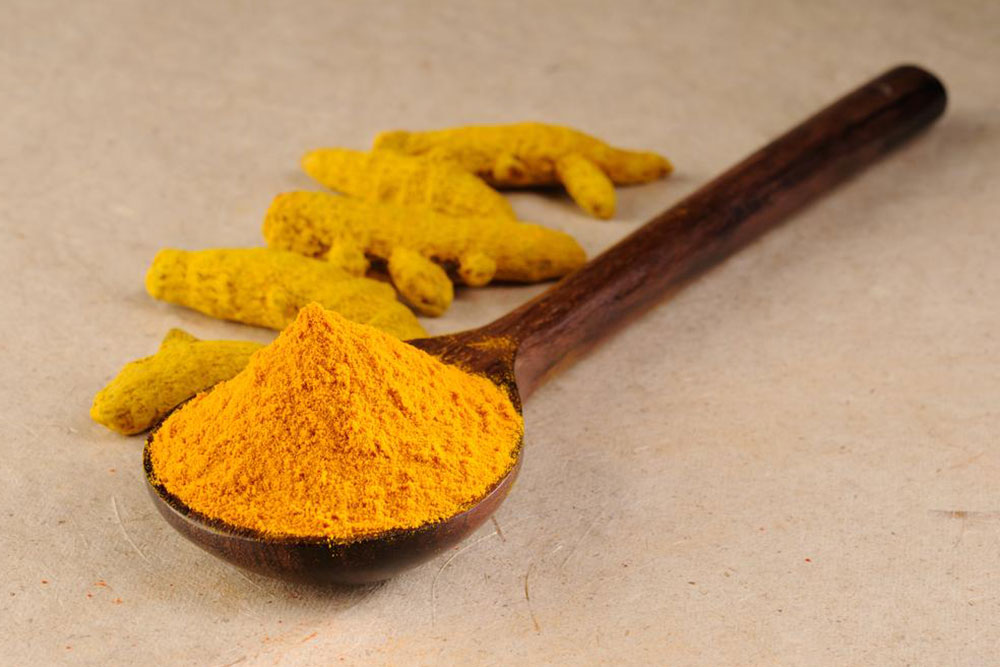
Natural Relief for Arthritis Pain Using Turmeric: A Comprehensive Guide
Arthritis is a widespread condition that causes inflammation, swelling, and pain in the joints, affecting millions of people worldwide regardless of age. It encompasses various types, including osteoarthritis, rheumatoid arthritis, gout, and infectious arthritis. These conditions can significantly impair mobility, cause joint stiffness, and lead to chronic discomfort. For many sufferers, managing pain and inflammation becomes a constant challenge. While conventional treatments like corticosteroids and anti-inflammatory drugs are commonly prescribed, they often come with a range of undesirable side effects, especially when used long-term. As a result, a growing number of individuals are turning to natural remedies to alleviate symptoms and improve joint health.
One of the most promising natural alternatives gaining popularity is turmeric. Known scientifically as Curcuma longa, turmeric is a vibrant yellow-orange spice native to South Asia. It has been used for centuries in traditional medicine for its potent anti-inflammatory and antioxidant properties. Recent scientific research has substantiated its effectiveness in reducing joint swelling, tenderness, and pain related to arthritis. Incorporating turmeric into your daily routine could serve as a safe, natural strategy to manage arthritis symptoms, possibly reducing reliance on pharmaceutical medications and their associated risks.
Turmeric's key active compound, curcumin, is responsible for its impressive therapeutic effects. Curcumin is a natural polyphenol that exerts powerful anti-inflammatory actions by inhibiting inflammatory enzymes such as lipoxygenase (LOX) and cyclooxygenase (COX), which are involved in the body's inflammatory response. Unlike non-steroidal anti-inflammatory drugs (NSAIDs), curcumin does not irritate the stomach lining, making it an appealing alternative or complement to conventional treatments. Additionally, curcumin modulates various molecular pathways involved in inflammation, including nuclear factor kappa-light-chain-enhancer of activated B cells (NF-κB), which plays a crucial role in perpetuating inflammatory responses.
Research studies have demonstrated that turmeric extracts can effectively block inflammatory pathways, lower levels of C-reactive protein (CRP), and reduce swelling in joints caused by arthritis. Specific formulations of curcumin, often enhanced with bioavailability agents like piperine or formulated as nanoparticles, can improve absorption and therapeutic benefit. These advanced formulations are capable of decreasing synovial fluid inflammation, thereby helping to maintain joint lubrication and improve mobility.
Incorporating turmeric and curcuminoid-rich supplements into your diet offers a holistic and safe approach to managing arthritis. Regular consumption might help in reducing joint stiffness, easing pain, and preventing further cartilage deterioration. Additionally, combining turmeric with lifestyle modifications—such as maintaining a healthy weight, engaging in low-impact exercise, and eating an anti-inflammatory diet—can enhance its benefits for joint health.
While turmeric is generally considered safe for most people, it is essential to consult healthcare professionals before starting any new supplement regimen, especially if you are taking medications or have underlying health conditions. Opt for high-quality turmeric powder or standardized curcumin supplements to ensure potency and efficacy. Remember, while turmeric can significantly support arthritis management, it should complement conventional therapies rather than replace them entirely, unless advised by your healthcare provider.
In summary, turmeric presents a natural, well-researched remedy with numerous benefits for those suffering from arthritis. Its ability to combat inflammation, reduce pain, and improve joint function makes it an attractive addition to a comprehensive arthritis management plan. Embrace this ancient spice today and take a proactive step toward better joint health and overall well-being.
